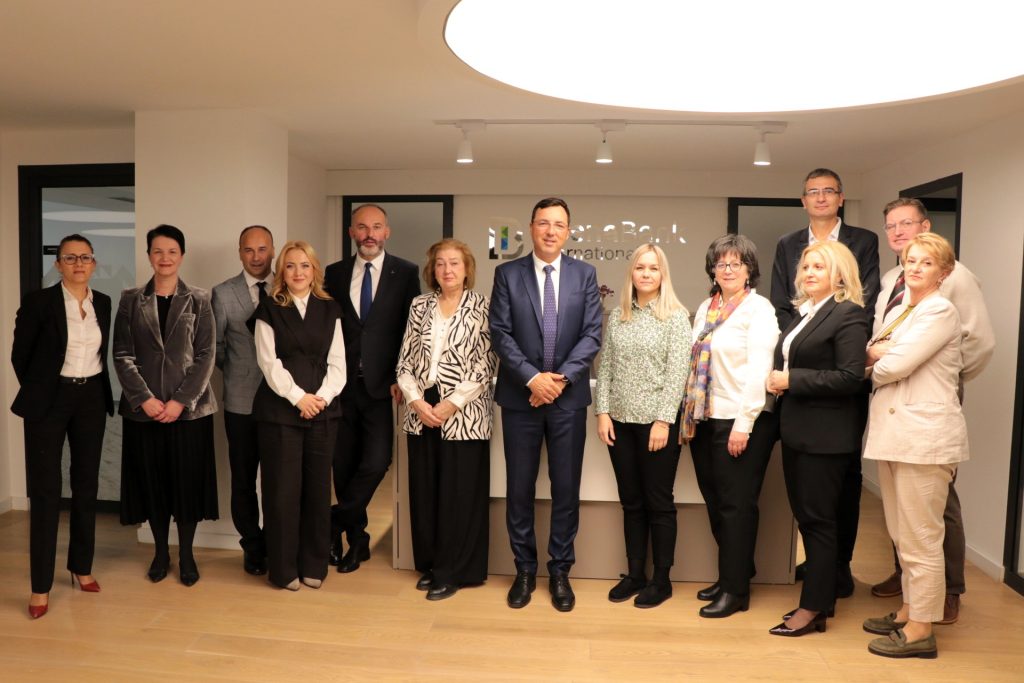As the Covid-19 virus reached pandemic proportions, the closure of national borders and the isolation of countries led to reduced consumer demand and the collapse of industrial production and service industries. The crisis led to major financial problems for small and medium-sized enterprises (SMEs) and caused significant layoffs. Within weeks, unemployment reached double digits.
Large companies were not immune to the pandemic either. While Boeing and major U.S. airlines have requested more than $100 billion in government bailouts to continue operating, several well-known companies, including Hertz, Thai Airways and JCPenney, have filed for bankruptcy.
As the Covid-19 pandemic has paralyzed international trade almost to a halt and devastated national economies, stock markets have crashed.
The S&P500 began falling on February 19 and has lost nearly a third of its value in a month. The decline of the US stock market was halted and it began to partially recover only after the Central Bank (Fed) committed to lend trillions of dollars and after the US Congress allocated more than $2 trillion in emergency federal aid to US companies and financial institutions.
Almost simultaneously, like a domino effect, stock markets in Asian markets began to fall. Along with the collapse of the US stock market, Japan’s Nikkei index and Singapore’s Straits Times index lost approximately 30% of their values, while Hong Kong’s Hang Seng index fell by almost 20%.
As the global economy experienced total paralysis, Morningstar Research reported that in March 2020, investors withdrew US$326 billion from mutual funds worldwide.
Islamic investment funds
In the midst of an unprecedented economic crisis, an often neglected area of investment has emerged – Islamic investment funds. These funds avoid non-halal activities such as: conventional finance, alcohol, gambling, pork products and adult content, as well as tobacco and weapons manufacturing. In addition, the selection criteria require investing in companies with low debt ratios, low cash and interest items, low receivables and cash, as well as low income from prohibited activities.
Primarily intended for Islamic investors, these funds are also attractive to investors with no religious background. The fact that they avoid sectors linked to arms production makes them attractive to a wider investor base, especially given the trend towards environmental, social and governance (ESG) investing. Also, their conservative nature can be attractive to long-term investors.
The Covid-19 crisis
During the economic panic caused by the Covid-19 pandemic during the month of March, the MSCI World Index lost over 30% of its value, while the MSCI World Islamic Index lost 20% of its value, which is relatively 10% better result. As the Islamic index performed better than others in the market during the crisis, it can be said that Islamic investment funds provided investors with a degree of protection against downside risk.
It is particularly interesting that certain countries have seen inflows into Islamic funds, even though the pandemic has triggered a significant decline in assets under management (AUM) worldwide. According to Fitch, Islamic funds in Saudi Arabia recorded a 3% increase in assets under management (AUM), surpassing Malaysia as the largest market for Islamic funds in the world.
Regardless of the above, it is still too early for triumphant conclusions because the Covid-19 crisis has been present for a relatively short time, and the better performance of the Islamic financial index provides relatively little data to draw significant conclusions.
Global financial crisis
Although some analysts attributed the success of Islamic investment funds during Covid19 to luck, we found similar performance during another major economic downturn – the Global Financial Crisis (GFC) of 2008-2009.
Although the better performance of Islamic indices during the Covid-19 crisis could be the result of short-term oscillations, data for the longer period of the Global Financial Crisis provides a basis for more robust experimentation to examine the relative performance of Islamic versus conventional global indices.
Approximately six months after the collapse of Lehman Brothers, The MSCI World Index lost 42.6% of its value, while The MSCI World Islamic Index lost only 12.4% of its value, resulting in a better with a result of over 30%.
Another significant measure of performance during the decade-long time period surrounding the Global Financial Crisis – from the inception of the Dow Jones Global Index in October 2006 to December 2016 – indicates that a US$100 investment in the Dow Jones Global Index would have grown to $123.96, while equivalent investments in the Dow Jones Global Islamic Index (





